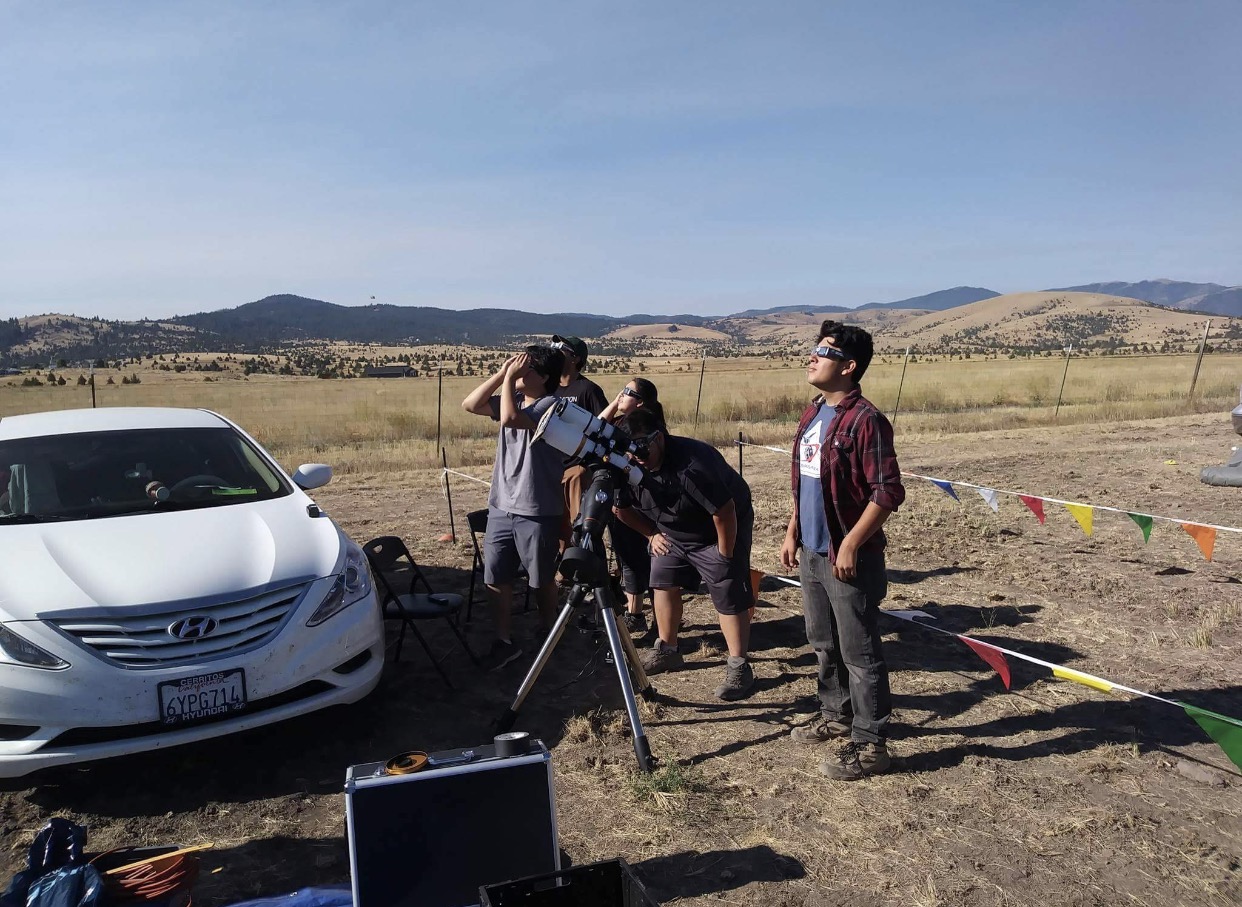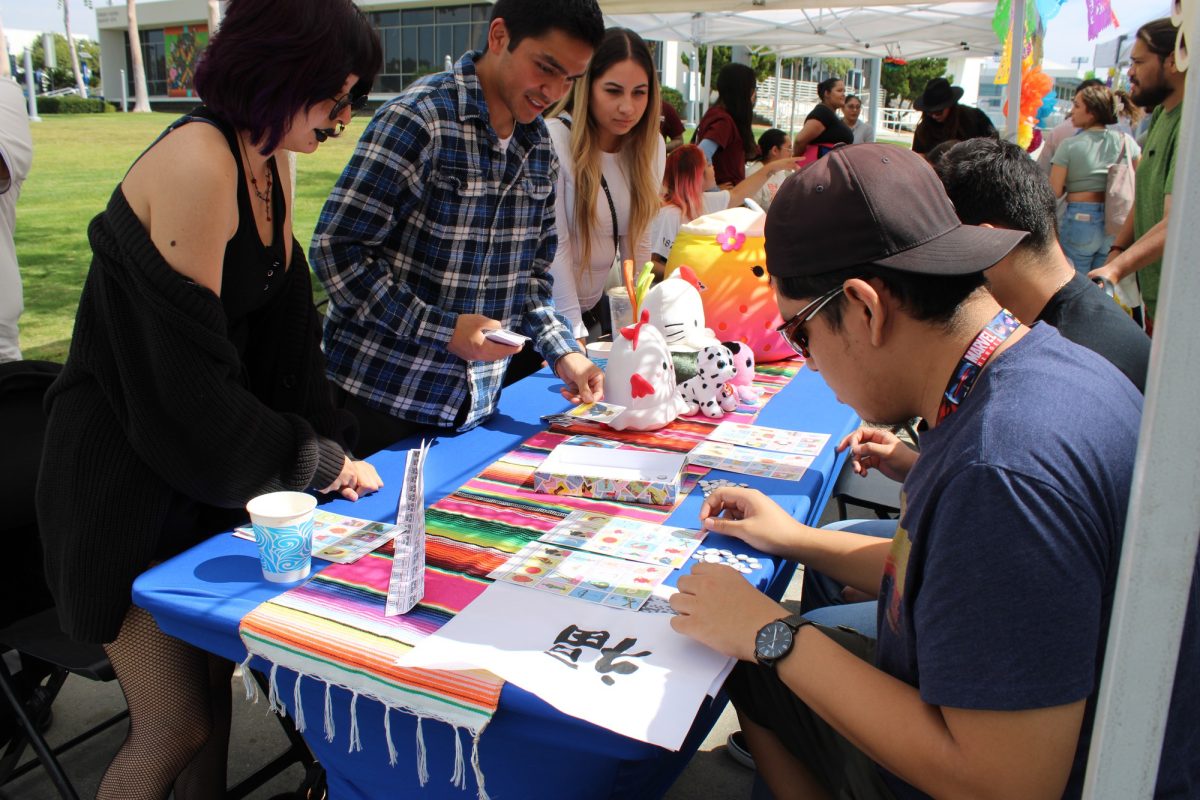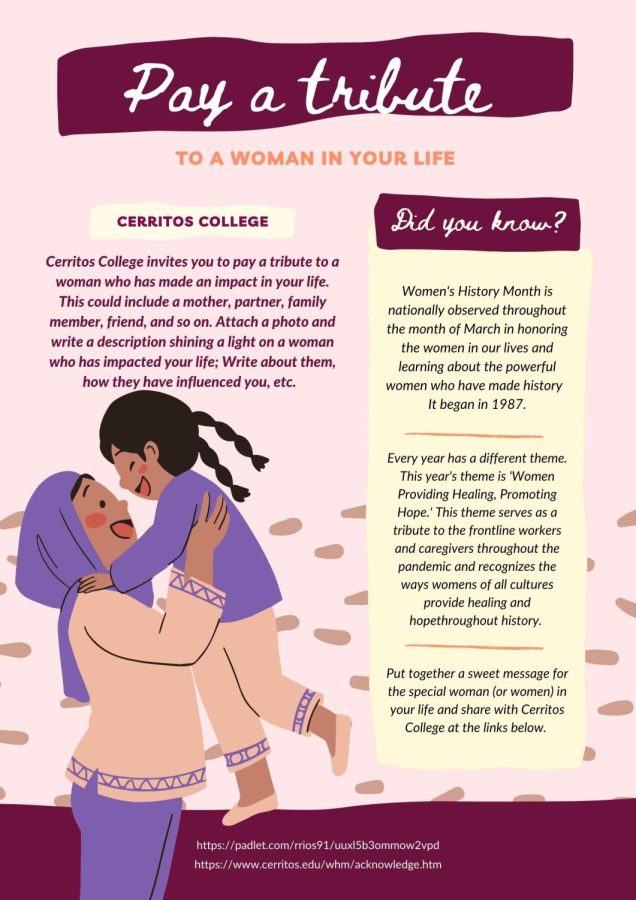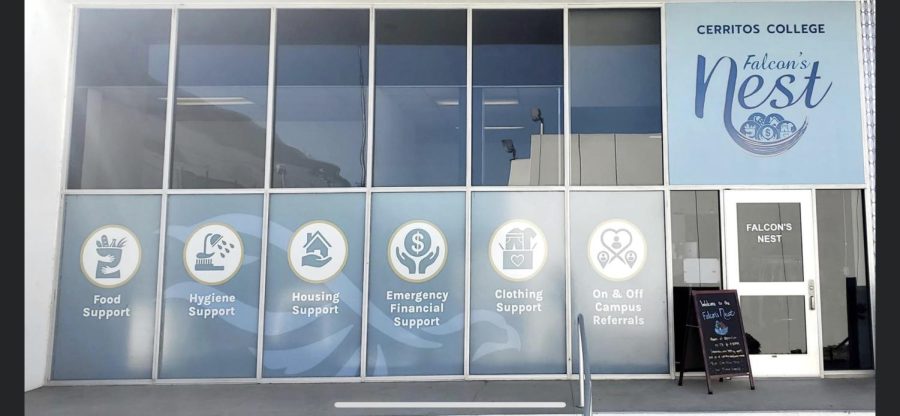Cerritos College students went on a trip to Oregon on Thursday night to see the solar eclipse of a lifetime on Monday morning.
They camped at John Day, in Grant County Oregon.
One of the student such as Elsa Anaya, planetary science major said, ‘This was a once in a lifetime astronomical experience. There hasn’t been a total solar eclipse in 38 years so we didn’t want to miss this opportunity.”
According eclipse2017NASA.gov, “The last total solar eclipse viewed from contiguous United States was on Feb. 26, 1979 whose path passed through the northwestern U.S. states of Washington, Oregon, Idaho, Montana, North Dakota, and Canadian provinces of Saskatchewan, Manitoba, Ontario and Quebec.”
Anaya mentioned the night temperatures were lower than the forecast so they were freezing cold each night since they weren’t prepared for those drastic temperature drops.
Students experienced dimming and sudden temperature drop as as the moon covered the sun during the eclipse.
According to ABC News, Oregon’s wether was “Patchy morning with fog and clouds, then becoming sunny; temperatures in the 50s.”
Anaya mentioned it was really hot an hour before the eclipse and as soon as the eclipse started she got cold along with her colleagues.
John Day campground were selling solar eclipse glasses to the campers but students came prepared with their own.
Seung Jun Kim former student from Cerritos took astrophotography equipment and took pictures of the eclipse.
Carlos Leiva, aerospace engineering major, said “I liked the actual event of totality, the fact that it got cold before and during the total solar eclipse. The way the eclipse looked was better than I expected. My interest in astronomy and the fact that this is a one in a lifetime astronomical experience.”
Leiva took a DSLR camera and solar glasses, other students took telescopes to take pictures of the Eclipse and Go Pros to record people’s reaction.
He mentioned his experience was a lot better than expected, it almost felt like a religious experience.
He described the eclipse as the eye of god.
Leiva learned how the corona of the sun looks when the sun is eclipsed by the moon and the light effects that manifested from that.
“Going home with the fact that an event like this that was so astronomically huge makes you feel small but humble and appreciate the universe.” said Leiva.
Anthony Zamora, electrical engineering major, said he’s always been fascinated with astronomy and he wanted to go when he heard a few of his colleagues were planning a trip to Oregon to see the eclipse.
“I’d seen pictures of total solar eclipses before, nothing compared to living it. The idea that we can predict events such as this, is what make astronomy so interesting.” said Zamora.
The students were exhausted from the long drive from SoCal to John Day, the drastic temperature changes, and the campground but thought it was all worth it because they had the best view of the eclipse.
The next solar eclipse that will be seen in the US will be on October 2023 and will be from Northern California to Florida. according to the NASA site.









